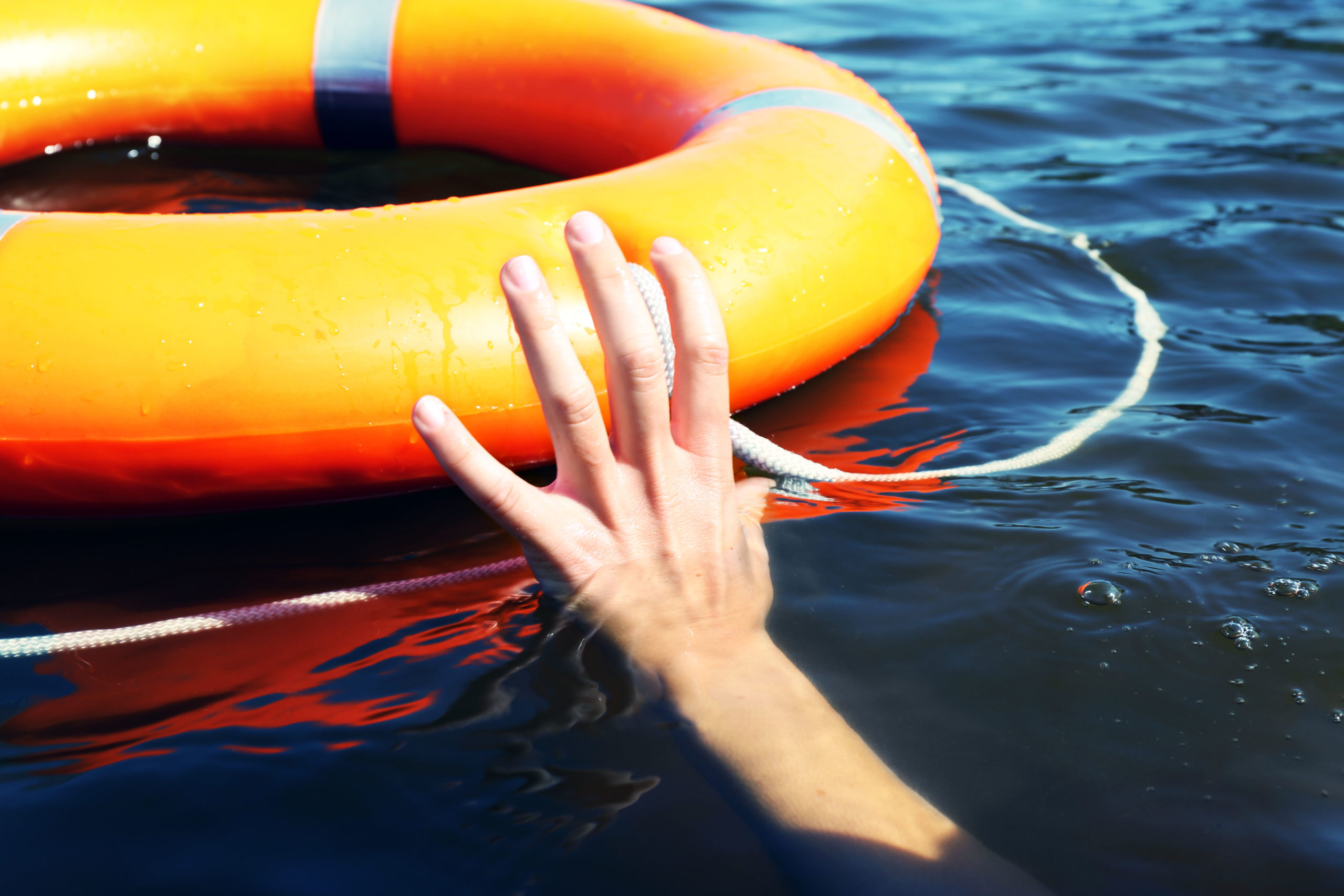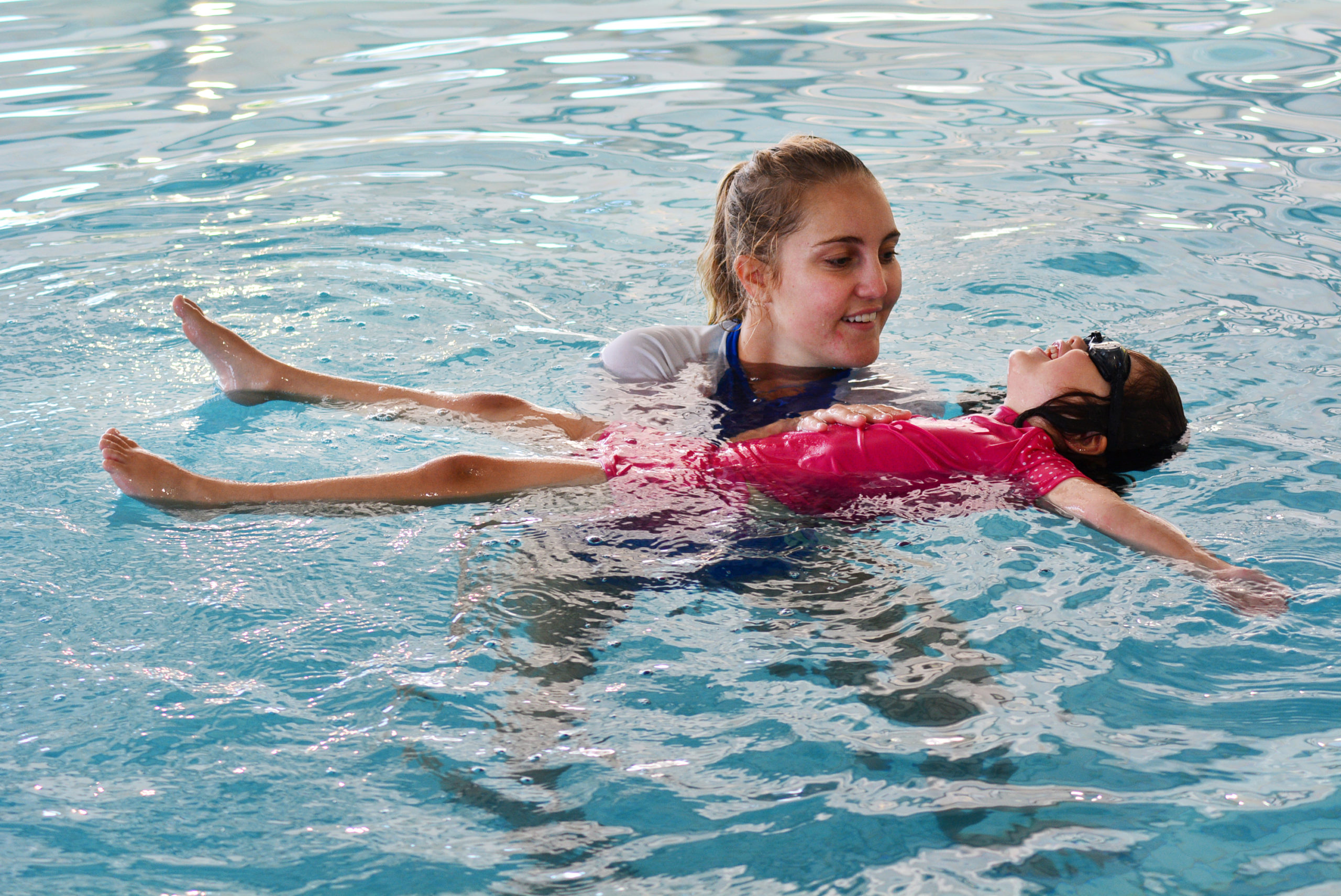You’re about to dive into the world of pool safety measures. Don’t underestimate its importance! It’s more than just swimming lessons and floaties.
You’ll learn to recognize potential hazards, understand necessary equipment, supervise effectively, and grasp regulatory compliance.
Your preparedness can prevent accidents, so let’s make every splash a safe one!
Understanding Pool Hazards: Risks and Dangers
You’ve got to understand the potential dangers and risks that come with having a pool in order to ensure everyone’s safety. Drowning statistics are alarming, particularly for young children. The U.S. Consumer Product Safety Commission suggests that nearly 350 children under the age of five drown in pools each year nationwide, making it crucial for you to implement strict surveillance measures.
Apart from drowning risks, another threat lurking in the water is pool contaminants. These can include bacteria, viruses, algae or even chemical pollutants which could lead to health issues ranging from mild irritations to severe illnesses. A poorly maintained pool can become a breeding ground for such contaminants; therefore, regular cleaning and filtration systems need your attention.

Essential Safety Equipment for Pools
When it comes to essential equipment for your swimming area, you can’t overlook items such as life rings, safety hooks, and secure fencing. These devices play a vital role in preventing accidents and ensuring the well-being of swimmers. But remember, procuring these tools is only half the battle. You’ve got to maintain them regularly.
Equipment maintenance isn’t something you should neglect. Life rings must stay buoyant, safety hooks need to be rust-free and sharp, while fences require regular inspections to spot any potential breaches. Regular upkeep not only extends their lifespan but also ensures they function at their best when needed.
Barrier installation is another aspect that deserves your attention. A correctly installed barrier provides an additional layer of protection, preventing unauthorized access, especially by young children or pets who are particularly at risk around pools. Remember, barriers aren’t substitutes for supervision but complement it.
Guidelines for Supervising Children Around Pools
It’s crucial to always keep an eye on kids near water, as they can easily get into danger if left unsupervised. This is where the importance of swimming lessons comes into play. They don’t just teach children how to swim; they also impart essential knowledge about water safety.
As a guardian, you must understand that swimming lessons aren’t the end-all solution though. Drowning prevention strategies should be implemented consistently. The first one being active supervision. Always stay within arm’s length, especially with toddlers or novice swimmers.
Next, enforce strict pool rules such as no running around the pool area and only diving in designated zones. These rules help prevent accidents resulting from slips or falls.
Installing physical barriers like pool fences or alarms add an extra layer of protection too. However, remember these are secondary measures and don’t replace your active vigilance.
Lastly, learn CPR – it’s a vital skill that can make a significant difference between life and death during emergencies.
To conclude, while pools offer fun opportunities for children, they come with inherent risks. It’s your responsibility to ensure their safety by providing proper supervision and implementing effective drowning prevention strategies.
Pool Safety Regulations: A Comprehensive Review
Let’s delve deeper into the world of aquatic regulations, shall we? As a pool owner or operator, you must understand the importance of regulation enforcement. It’s not just about ticking boxes – it’s about ensuring safety for all users.
Here are key aspects to consider:
– Safety Inspections: Regular inspections ensure compliance with local and national standards.
* Pool Barriers: They should be at least four feet high with self-closing and self-latching gates.
* Water Quality: The pH level, chlorine concentration, and temperature must be monitored daily.
– Regulation Enforcement: Authorities carry out routine checks to ascertain adherence to rules and guidelines.
* Non-compliance Penalties: You could face hefty fines or even pool closure if you fail to meet requirements.
* Staying Informed: Keep abreast of any changes in regulations to avoid inadvertent non-compliance.
Remember that it’s your responsibility to make sure that safety measures are in place and followed diligently. Through conscious efforts in regulation enforcement and regular safety inspections, you’ll create a safe environment for everyone who uses your facility.
Training and Preparedness: Key to Preventing Pool Accidents
You’ve got to stay on top of your game with ongoing training and preparedness – they’re essential in preventing accidents at your aquatic facility. Regularly updating your knowledge of lifesaving techniques should be a priority, as it can make the difference between life and death during an emergency.
Swim lessons are not just for patrons; they’re equally important for staff members. Having a team proficient in swimming ensures that you’re prepared to respond quickly and effectively if someone is struggling in the water.
Equip yourself with thorough understanding of rescue procedures, CPR methods, and use of lifesaving equipment. When time is of the essence, you’ll appreciate having this knowledge ingrained, ready for immediate application.
Additionally, conducting frequent safety drills will keep everyone alert to potential dangers and familiarize them with effective response mechanisms. It’s crucial that these drills mimic real-life scenarios so that when faced with a real emergency situation, panic doesn’t overtake practicality.

Frequently Asked Questions
How Often Should I Test the Water Quality in My Pool?
You should test your pool’s water quality at least once a week. Utilize chemical balancing techniques regularly and perform seasonal pool maintenance to ensure it stays clean, safe, and ready for use.
What Are Some Recommended Pool Safety Classes That I Can Attend?
You should consider attending CPR training and securing a Lifeguard Certification. These classes provide crucial skills for ensuring safety around pools, teaching you to respond effectively in emergency situations. They’re vital for mastering pool safety.
Can Pets Also Pose a Risk to Pool Safety and How Can This Be Managed?
Yes, pets can pose a risk to pool safety. Managing this involves Pet Containment Solutions and Animal Swimming Lessons. You’ll ensure your pet’s safety while preventing them from becoming a hazard in the pool area.
Is It Safe to Use Electrical Devices Near the Pool and What Precautions Should Be Taken?
No, it’s not safe to use electrical devices near the pool. Electrocution prevention is key. Use gadget protection strategies like keeping them away from water and using waterproof covers or cases for added safety.
What Are the Best Pool Safety Measures to Adopt During a Pool Party With a Large Crowd?
You should adopt party supervision strategies and crowd control techniques. Keep lifeguards on duty, limit alcohol consumption, ensure proper fencing, provide flotation devices, and consistently monitor water clarity during your pool party for safety.
